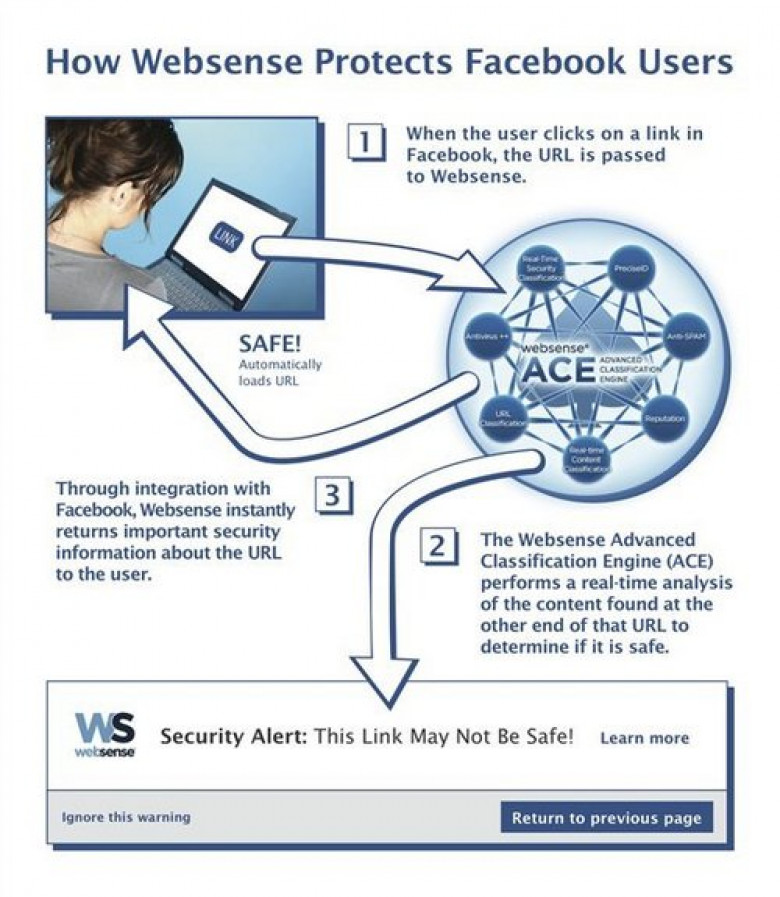Spamming Facebook friends just got more embarrassing
You're never going to get free airline tickets simply by clicking a link on Facebook and accepting a third-party app — not from JetBlue, not from Delta Airlines, and not from the latest airline name to be abused by social network scammers, Southwest Airlines.
Yet such viral scams persist on Facebook because Facebook users continue to click malicious links. Over the last year, Facebook stepped up its defenses against these seemingly unstoppable pests, sending warning prompts to users and partnering with Web of Trust, a crowdsourced website rating community. Today, the world's largest social network further enforced its spam defenses by partnering with security firm Websense, which will help protect and educate Facebook users via its bad link database.
"Starting today, Websense technology will add to Facebook's existing protections to stop users from clicking on links without knowing the trustworthiness of the destination," Dan Hubbard, Websense chief technology officer, said in a media statement. "When a Facebook user clicks on a link it will be checked against the Websense database. If Websense determines the link is malicious, the user will see a page that offers the choice to continue at their own risk, return to the previous screen or get more information on why it was flagged as suspicious."










































































